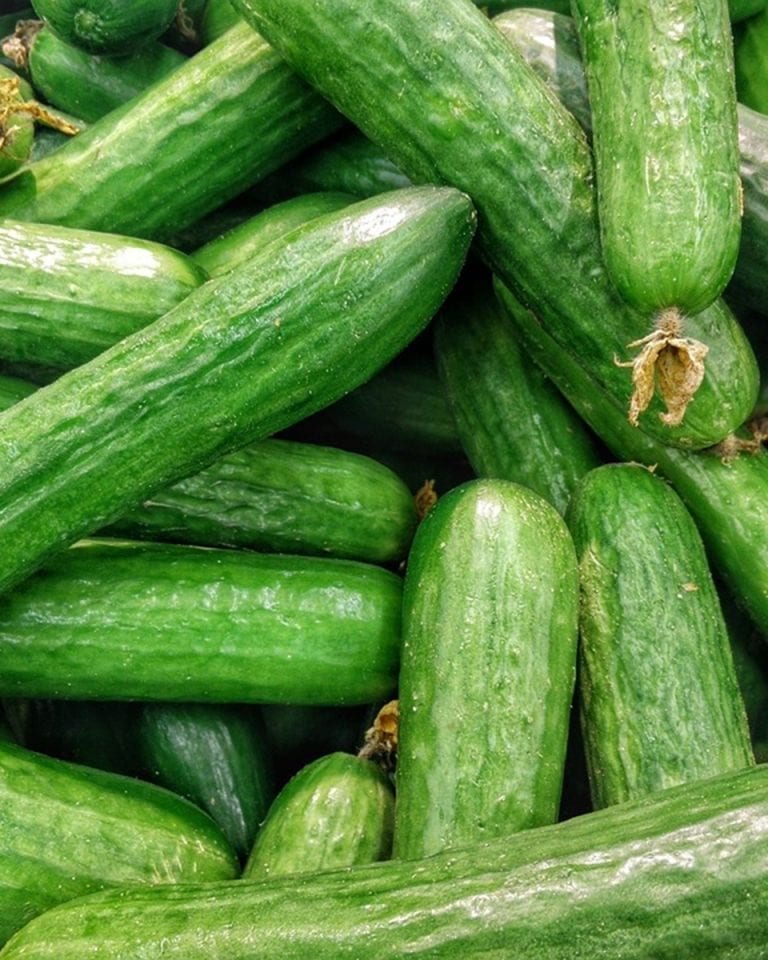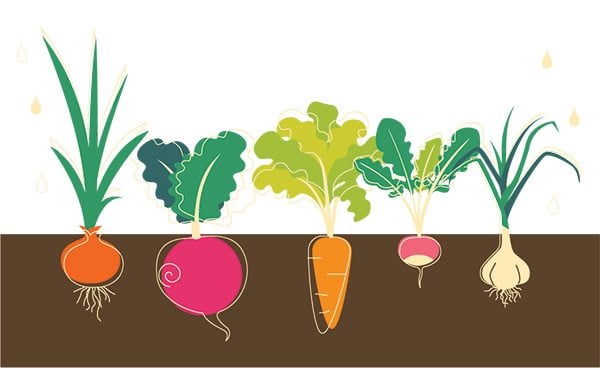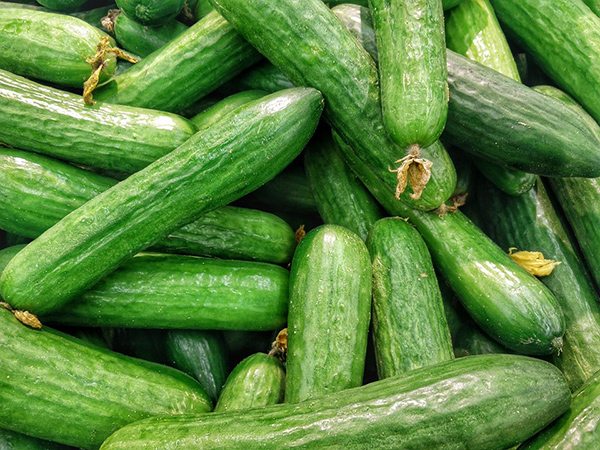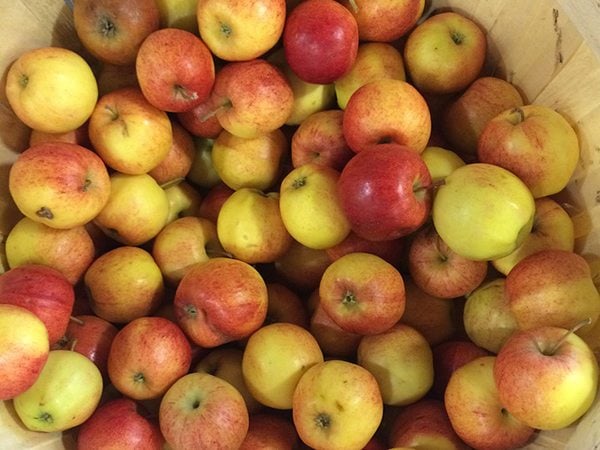Is organic food really better for you?
The scientific debate has been raging for years, to the point where it’s hard to know what to believe.
Sue Quinn gets to the root of the argument.

As a nation we’ve been filling our shopping baskets with certified organic food for more than 40 years. Demand is higher than ever – UK sales exceeded £2 billion in 2016. Partly driving the trend is the belief that food grown without synthetic pesticides or fertilisers is more nutritious and healthier than conventionally grown food. But is it?

Proponents of organic diets argue that using synthetic pesticides and herbicides degrades the quality of the soil and crops and leaves behind potentially harmful residues on produce. They also claim that the higher-welfare farming methods required for organic certification in the UK result in meat and milk that are more nutritious than non-organic equivalents.
Sceptics counter that by saying there’s no robust proof to show eating organic food makes us healthier than eating non-organic. The higher levels of some nutrients in organically produced meat and dairy, they say, have more to do with the feed and lifestyle the animals enjoy than the absence of synthetic chemicals in their diet and environment.
Organic versus non-organic
To gain organic certification by organisations such as the Soil Association, food has to be produced using the highest animal welfare standards with lower levels of pesticides, and there must be no manufactured herbicides or artificial fertilisers and no routine use of antibiotics (except when an animal is sick). These factors make organic food pricier than non-organic.
Some online health and wellness advisers claim this extra expense is worth it, pointing to several recent studies led by Newcastle University that compared organic and non-organic foods. Scientists analysed hundreds of pieces of research into meat and dairy, fruit, vegetables and cereals and found “clear differences” between organic and non-organic samples. For example, organic meat and milk were found to contain higher amounts of omega-3s (essential fats), as well as higher amounts of some vitamins and minerals. Organic vegetables were found to contain more antioxidants (substances that may prevent or delay some types of cell damage) and fewer pesticides and toxic heavy metals.
So far, so conclusive? Not necessarily. Hayley Coristine, from the Soil Association, says: “There’s been little research into the health benefits of organic food. We know that it’s nutritionally different from non-organic food and we can infer that there are likely health benefits because of these differences, but because the researchers weren’t looking at health outcomes, we can’t say for certain.”
Ian Givens, Professor of Food Chain Nutrition at the University of Reading, disagrees that we can infer organic is healthier; he argues the nutritional differences between organic and non-organic foods are too small to have much effect. “The omega-3s are higher in organic milk than most (but not all) conventional milk, but the absolute increase is small and most of them are not the most bioactive (effective) type such as you get in fish oil,” he says.

It’s complicated…
The issue is complex, Givens says. For example, the Newcastle research also shows that organic milk is generally lower in beneficial iodine and selenium than non-organic.
Likewise, organic vegetables contain fewer nitrates. Until recently, this was seen as a benefit of organic food, but there is now “good evidence” to suggest nitrates can help lower blood pressure. “I would say that if the desire to purchase organic foods is driven by a belief that they’re nutritionally superior, people will be disappointed,” Givens says.
What’s more, a report by the European Parliament released in December 2016 confirmed studies suggesting organic food may reduce the risk of allergic disease and obesity are based on evidence that is “not conclusive”.
Chemical residues
The European Parliament report did find “one advantage” of organic food: lower levels of synthetic pesticides. According to the report, pesticide residues are found in more than 40 per cent of conventional foods, with almost three per cent containing amounts above the legal limit. By comparison, only 16 per cent of organic foods contain pesticide residues, with less than one per cent above the legal limit. “It is apparent that both pesticide exposure and the calculated health risks are far lower for organic products than for conventional ones,” the report says.
“Increased consumption of organic food in the EU is likely to substantially reduce exposure to pesticides, for both consumers and producers,” the report concludes. “As a consequence of reduced pesticide exposure, organic food contributes to the avoidance of detrimental health effects and their associated costs to society.” Nick Mole, from campaigning charity Pesticide Action Network (PAN), says it makes sense to choose organic food. “Nothing is known about the long-term effects of consuming traces of chemicals, or cocktails of chemicals, so eating organic if possible is a no-brainer.” If your budget prevents you from going fully organic, be selective.

The bottom line
No clinical human studies have been done to assess the direct impact of an organic diet on human health, so there’s no hard proof it’s better for us. However, there is evidence that eating organic food reduces exposure to pesticide residues, and therefore the potential risk of some health problems.
What to buy, what to avoid
- Many organic storecupboard essentials such as baked beans, pasta and canned tomatoes are often a similar price to the non-organic variety.
- Switch to organic for frequently used staples such as potatoes, carrots, onions and bread.
- Pesticide Action Network suggests going organic for foods that often have high levels of pesticide residues, such as grapes, strawberries, raspberries, apples, pears, spinach, pre-packed salad leaves, oranges and wheat products.
Subscribe to our magazine
Food stories, skills and tested recipes, straight to your door... Enjoy 5 issues for just £5 with our special introductory offer.
Subscribe
Unleash your inner chef
Looking for inspiration? Receive the latest recipes with our newsletter

